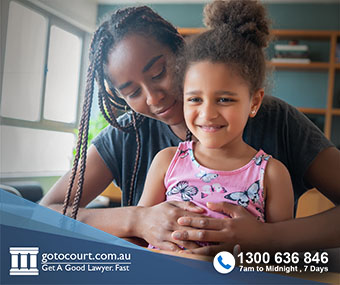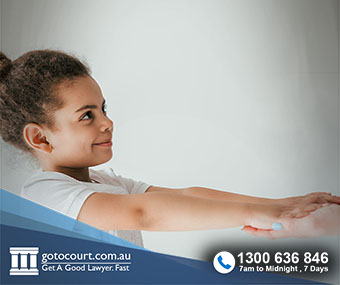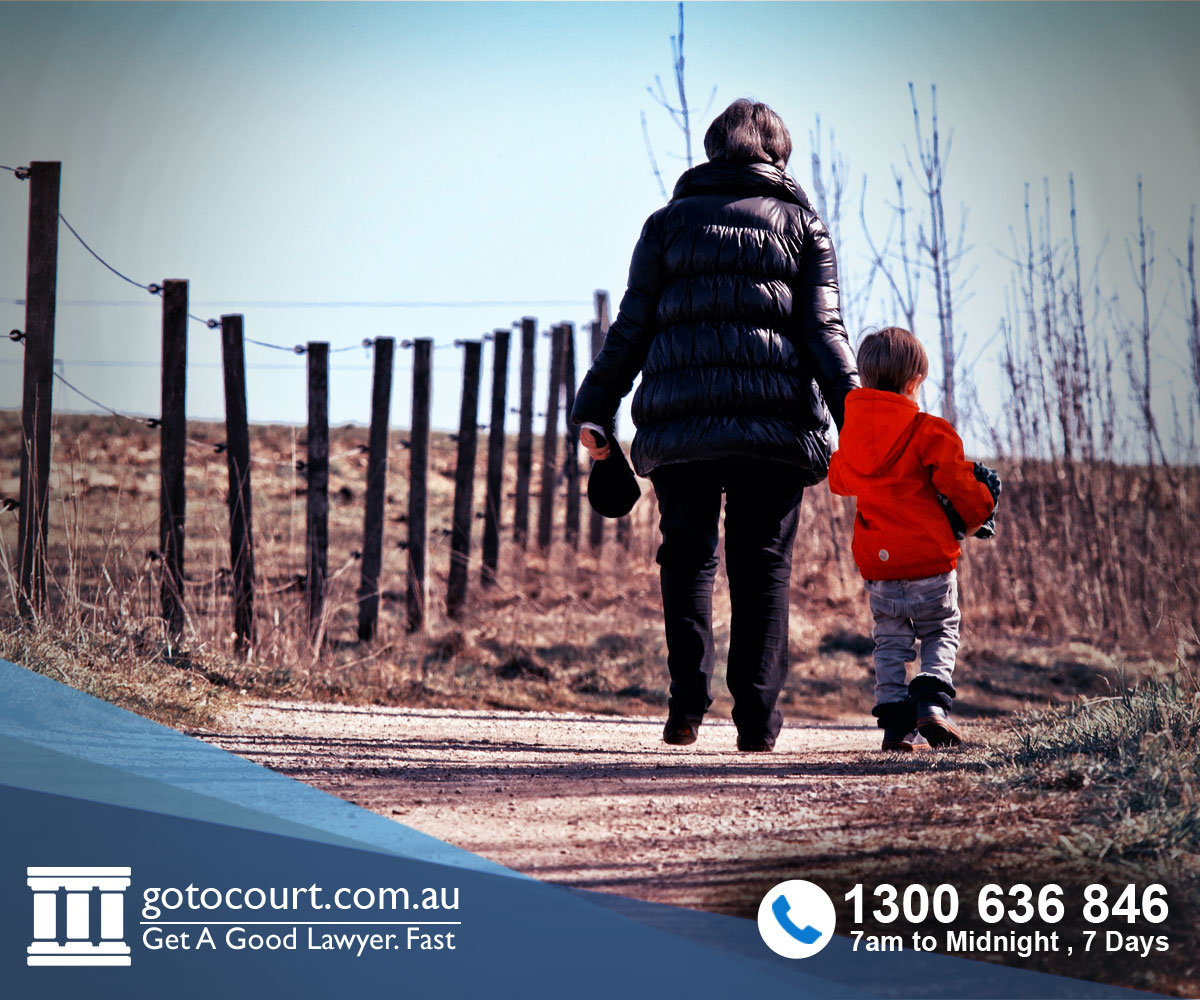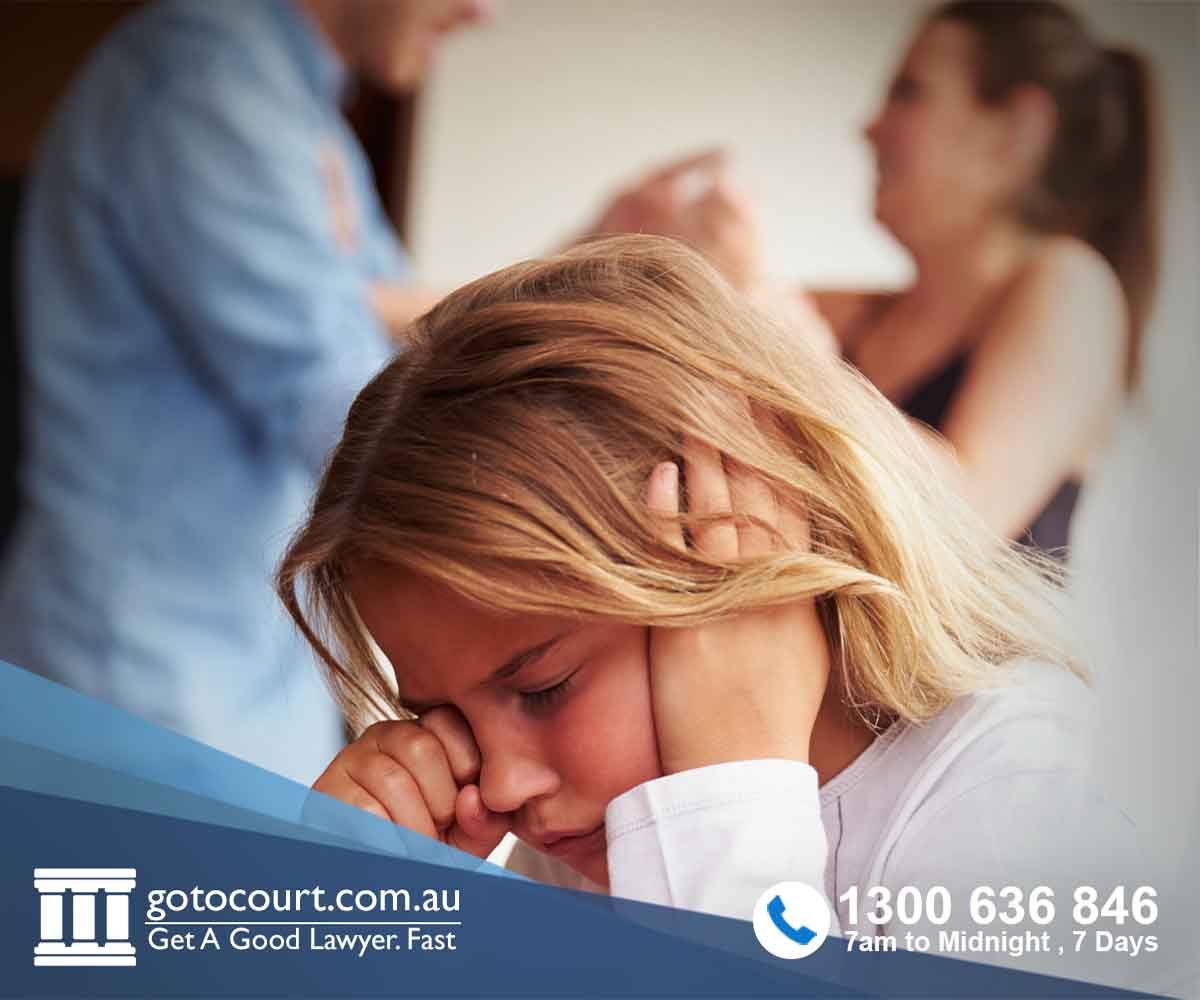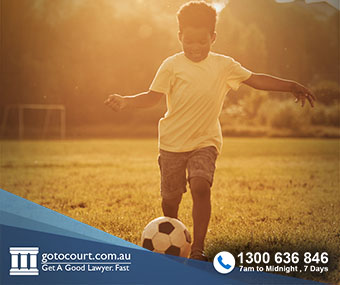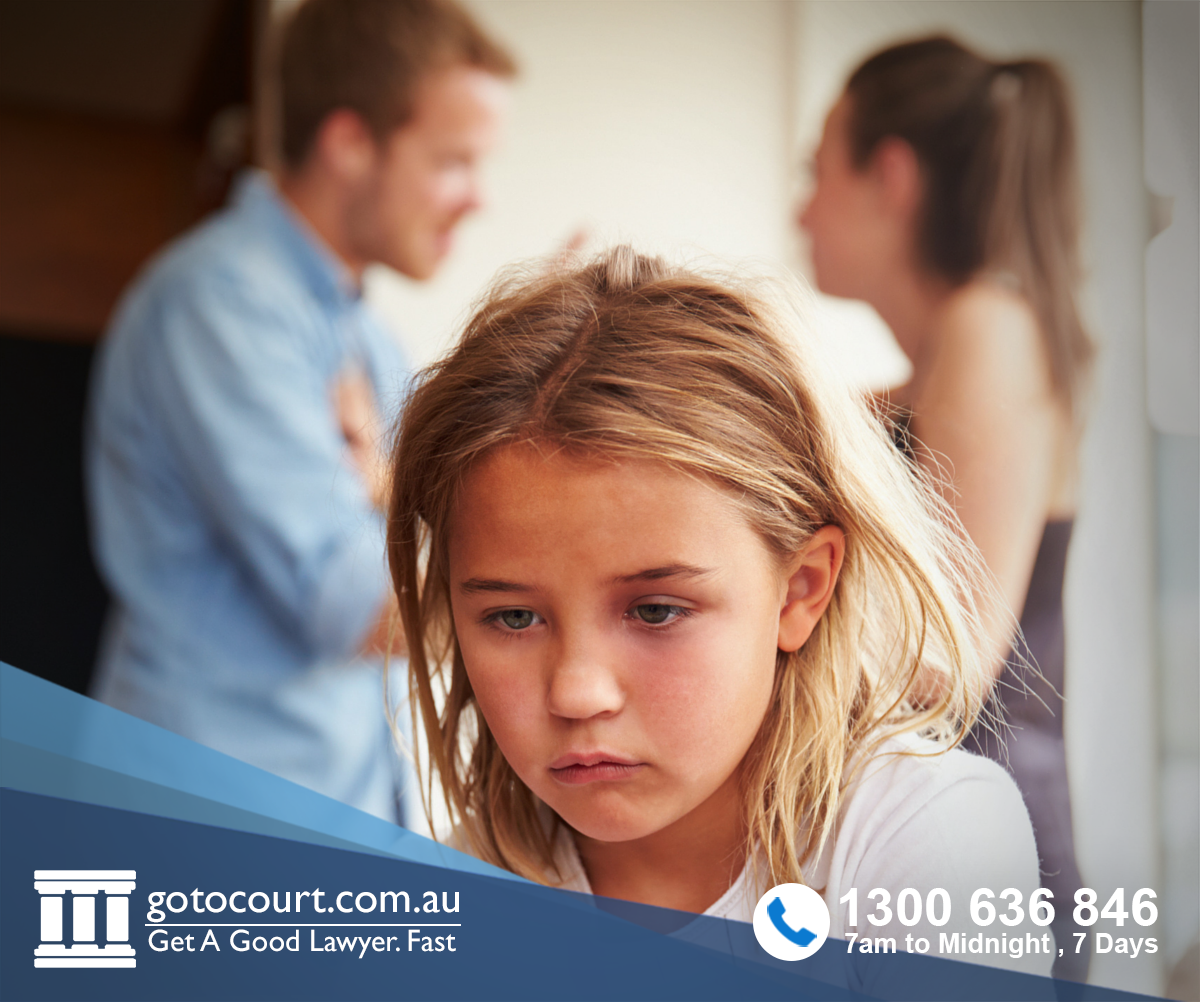Immunisation of Children in Parenting Matters
Immunisation of children is a process of protecting individuals from illness caused by infection with micro-organisms (formally called pathogens) by vaccinating them early in life. The purpose of immunisation is to prevent people from acquiring infections and to protect them against the longer-term complications of those infections, which can include chronic illnesses, such as cancer, and death.
Immunisation of children and family law
When parents separate, the immunisation of children can become a big issue. Parents may dispute the upkeep of immunisation for a child or dispute the need for immunisation altogether. This can become an issue after separation when for example, a child requires immunisation prior to an overseas holiday, a child has never been immunised and one parent wants to do so, or one parent wants to maintain the upkeep of immunisation and the other does not.
Where parents cannot come to an agreement on this issue, the court will make a decision based on the principles in the Family Law Act. In particular, the court will have regard to Section 60CA, which states that in deciding whether to make a particular parenting order in relation to a child, a court must have regard to the best interest of the child as the paramount consideration. Parents can use this principle to either advance or oppose an argument for immunisation.
Case law on immunisation of children
The case of Duke-Randal & Randall [2014] specifically concerned the question of whether it was in the best interests of the children to be immunised or to remain unimmunised. The children in that case had both contracted whooping cough and the father sought an immunisation plan supported by a General Practitioner. A single expert immunologist was appointed who provided evidence to the court that it was in the best interest of the children to be immunised, and that there would be no adverse risk to either child.
The expert evidence was accepted, and it was held that it was in the best interest of the children to be immunised as there was no evidence to suggest otherwise. It was established that the children would no longer be restricted in various ways which they had been up to that date. They would all be able to attend gymnasiums and be able to travel overseas without risk of disease.
A parent who is opposing orders directing the immunisation of children must produce medical evidence of a risk that immunisation poses to a child. In cases involving more than one child, evidence must be adduced that is specific to each child. A parent who is seeking orders for immunisation must produce medical evidence that each child is not at risk of any adverse reactions. Each party must support their position with an immunisation plan from the child’s doctor including evidence of how the child would be restricted by not being immunised or how they may be adversely affected by immunisation (as the case may be).
Arguing against immunisation of children
It can be difficult to rebut a case for immunisation given that society favours the immunisation of children. While it has been argued that a child should not be immunised or that immunisation should not occur in the traditional way, these arguments have been unsuccessful.
In the case of Kingsford & Kingsford [2012] parties disagreed as to whether the child should be immunised through traditional methods or through homeopathy. The mother argued against the expert evidence of a doctor who supported traditional vaccinations, arguing that homeopathy was the most effective way to treat her child. The risk/benefit ratio of traditional vaccination was considered however the risks of vaccinations were found to be outweighed by the risks of natural infection with the diseases. The evidence was given that two out of 1000 children who contract measles experience inflammation of the brain, which can lead to seizures, brain damage or death. The witness noted that measles vaccination can also cause severe reactions and brain inflammation, however this occurs in less than one in a million cases. The doctor stated that vaccination is one of the most significant advances in children’s healthcare in the last hundred years. As the mother was unable to adduce evidence that homeopathy vaccines work, the court had regard to the arguments of both parties but formed the view that there is not yet enough evidence that homeopathy vaccines work. The court found that it was in the best interest of the child for the child to be traditionally immunised.
In conclusion, whilst most evidence points to traditional immunisation as being in the best interests of children, it is ultimately a matter that must be decided on a case by case basis.

